German President Frank-Walter Steinmeier said on July 9 that Berlin did not block the US from sending cluster bombs to Ukraine but firmly opposed the use of this controversial weapon.
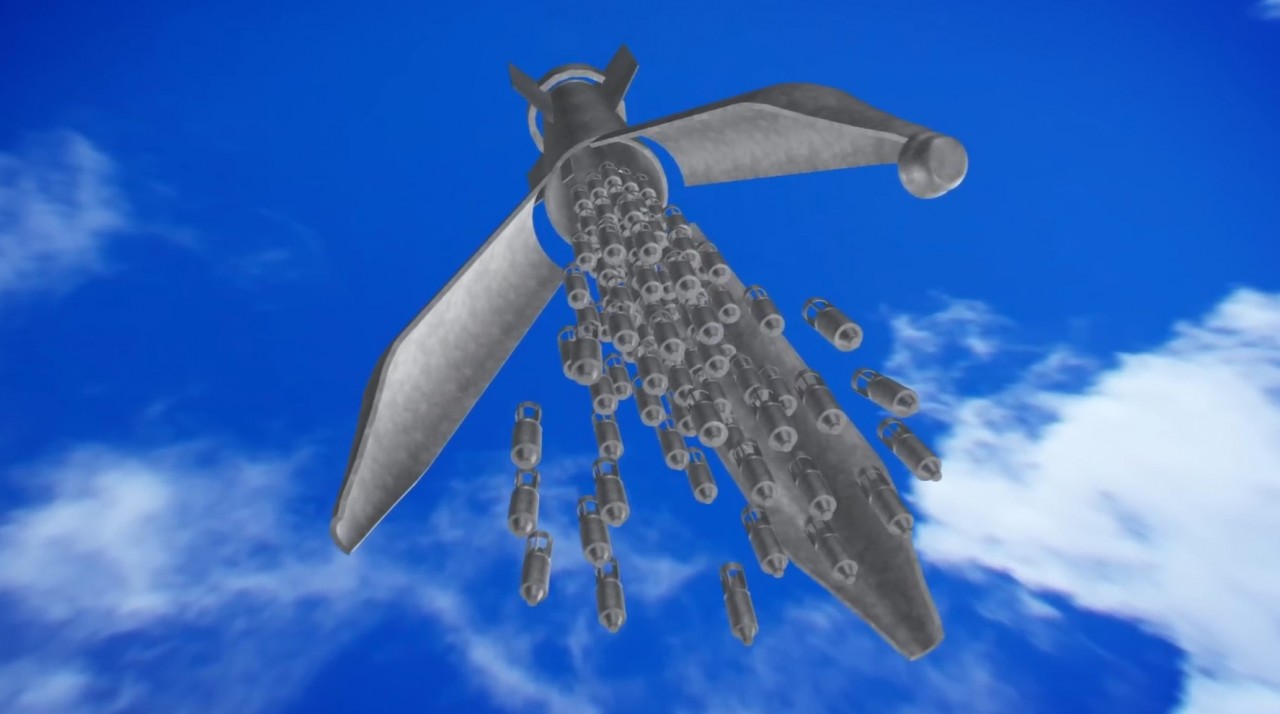 |
| Cluster bombs, controversial lethal weapons, are currently banned from use and stockpiling by more than 120 countries. (Source: Militarnyi) |
In a media interview on July 9, President Steinmeier said: “Germany’s stance against the use of cluster bombs is correct. However, in the current situation, we cannot prevent the US from doing this.”
According to Mr. Steinmeier, if it no longer has the means to defend itself, or if the countries that have always supported it "turn their backs", Ukraine will fail in the conflict with Russia.
Meanwhile, former Admiral James Staviridis, former Allied Commander Europe of the North Atlantic Treaty Organization (NATO), said that President Joe Biden's decision to send cluster bombs to Ukraine was a "wise move".
Accordingly, Mr. Staviridis called on the US government to continue this trend and provide F-16 fighter jets to Kiev.
Mykhailo Podolyak, an adviser to the President of Ukraine, said that cluster bombs would "make a great contribution" to accelerating the country's counter-offensive campaign.
On July 7, the White House announced a new aid package for Ukraine worth $800 million, bringing the total military aid that Washington has provided to Kiev to more than $40 billion since the conflict broke out.
Notably, this aid package includes cluster bombs, marking a new threshold in the types of weapons provided to this country.
According to President Biden, the US made this “difficult” decision after consulting with allies, because Ukraine was “running out of ammunition”.
US National Security Advisor Jake Sullivan said Washington would still proceed with this even if the United Nations objected.
Mr. Sullivan also affirmed that Russia has used cluster bombs since the beginning of this conflict, and emphasized that Ukraine has assured the US in writing that such weapons will be used in a way that minimizes risks to civilians.
Washington's announcement has drawn strong criticism from non-governmental organizations, putting some European countries in a difficult position due to the controversial weapon's wide spread and risk of causing many civilian casualties.
Even domestically, a number of Democratic congressmen and human rights organizations in the US have signed a letter of protest, saying that this violates ethical principles and is related to "the pain that people in Southeast Asia have suffered in history and that the US should not repeat that mistake".
Cluster bombs - designed to disperse large numbers of submunitions over a wide area - have been banned by many countries due to the risk of unexploded bombs causing civilian casualties.
In 2008, 123 countries signed the 2008 Oslo Convention - an international convention banning the production, stockpiling, trade and use of these weapons. However, the US, Russia and Ukraine did not sign.
On July 9, the UK, Canada, New Zealand and Spain all strongly opposed the supply of cluster munitions to Ukraine and their use. On the same day, Italian Prime Minister Giorgia Meloni stated: “In line with NATO’s common values, Italy hopes that the principles of this Convention will be applied globally.”
Meanwhile, the Russian Defense Ministry spokesman said that this decision of the US is "an act of deadlock" and is evidence of "the failure of Ukraine's counter-offensive campaign".
Source



![[Photo] Prime Minister Pham Minh Chinh chairs a meeting of the Steering Committee for key projects in the transport sector.](https://vphoto.vietnam.vn/thumb/1200x675/vietnam/resource/IMAGE/2025/5/10/0f4a774f29ce4699b015316413a1d09e)
![[Photo] General Secretary To Lam holds a brief meeting with Russian President Vladimir Putin](https://vphoto.vietnam.vn/thumb/1200x675/vietnam/resource/IMAGE/2025/5/10/bfaa3ffbc920467893367c80b68984c6)









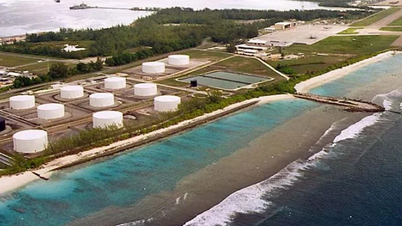


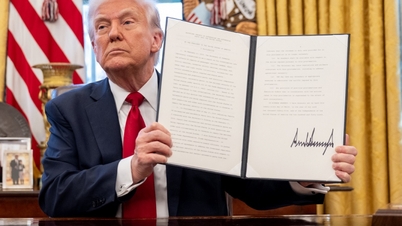



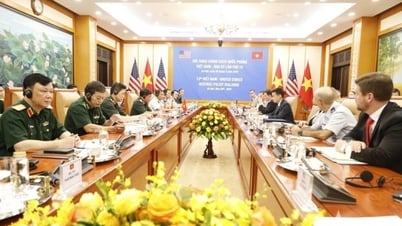


















































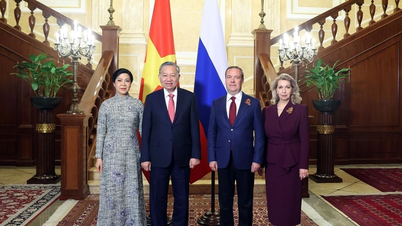








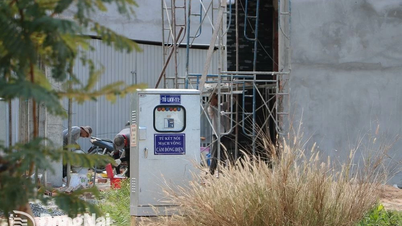



















Comment (0)